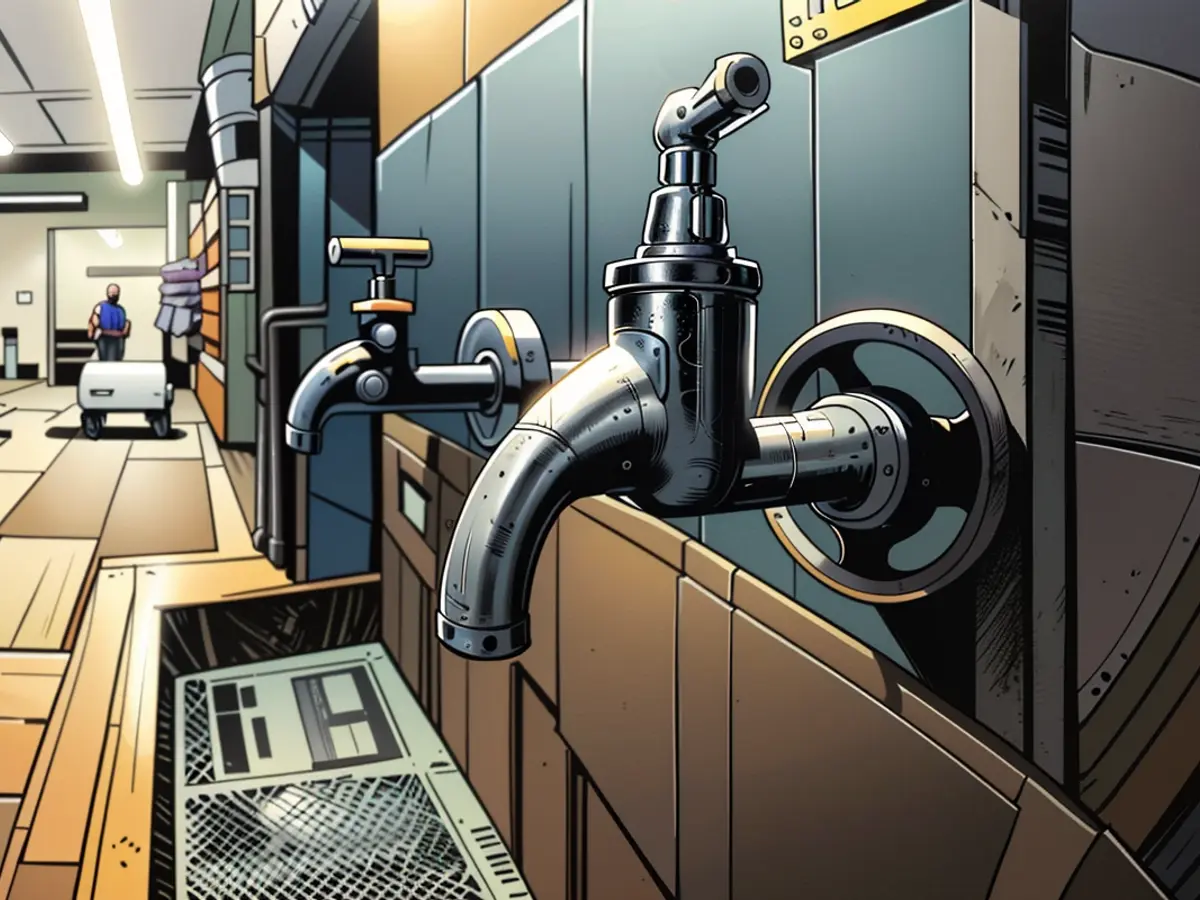- Water associations form an initiative to tackle water scarcity
Six water suppliers in northern Rhineland-Palatinate have joined forces in an initiative to combat water scarcity. "Good water will no longer be a given in the climate change," said Rhineland-Palatinate's Minister for the Environment, Katrin Eder (Greens), at the signing of a declaration of intent by the water associations in Dörth. Heavy rain, drought, the flood disaster in the Ahr valley, and a cyberattack on the Mainz public utilities have shown that precautions are important.
"We have climate change and therefore we have to cushion any shortages now," said Eder. "Who has small children and has to discuss not being able to fill a paddling pool, that's not nice. And that's what we don't want to impose on people." That's why Rhineland-Palatinate is well prepared.
"Joints" are planned to connect suppliers
According to the ministry, the plan in the cluster initiative is to connect the suppliers' pipelines using so-called "joints" and use pumping stations to direct the water. If there are shortages in one region, others can step in.
The six waterworks supply around 450,000 inhabitants, according to their own statements. The Ministry of the Environment is supporting this cluster with a seed funding of 50,000 euros.
"We're talking about technical solutions today," said Eder. "We're also increasingly focusing on natural climate protection and natural water and wastewater protection in Rhineland-Palatinate, with full support."
Around 97 percent of drinking water in Rhineland-Palatinate is drawn from groundwater. However, in recent years, less and less new groundwater has been formed. The so-called annual groundwater recharge has decreased by around 25 percent compared to the long-term average over the past twenty years.
"Given the impacts of climate change, it's crucial to protect and preserve our environment, particularly the water resources," said Eder. "The environmental implications of water scarcity are significant, making it essential to invest in initiatives like this one."








